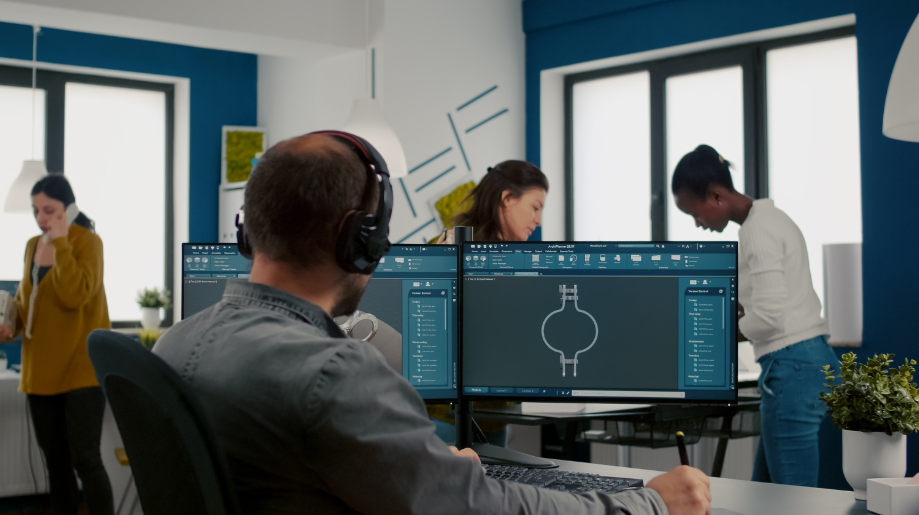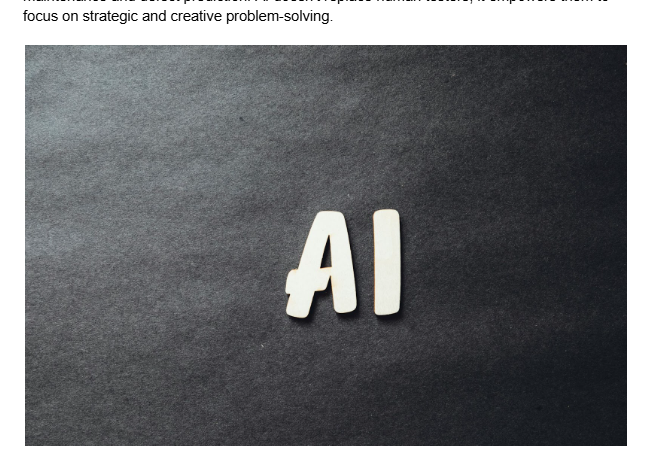
In the current era, marked by technological advancements and global challenges, engineering has taken a central role, continuously reinventing itself to meet the changing demands of the world. Modern engineering companies are leading a significant transformation, not only adapting to emerging trends but also defining new ways of operating in this vital field.
The core of this change is the adoption of remote engineering. Driven by global circumstances such as the pandemic, this modality has gained ground, eliminating geographical barriers and allowing engineers from various locations to collaborate on a single project. This flexibility has not only changed the way engineering projects are conducted but has also expanded the scope of who can contribute to these efforts. Additionally, professionals like a remote executive assistant play a crucial role in managing operations and ensuring the smooth execution of tasks, especially in a remote working environment.
For companies, remote engineering offers advantages such as cost reduction, increased flexibility, and productivity. On the other hand, engineers benefit from greater freedom and flexibility, translating into a better work-life balance and broader career opportunities.
This shift aligns with the growing demand for specialized skills in areas such as automation, robotics, and renewable energies. Modern engineering companies are not only seeking to meet this demand but also anticipate future needs through investments in continuous development and training.
Furthermore, these companies that recognize the benefits of remote work are at the forefront of addressing critical issues such as climate change and sustainability. The implementation of eco-friendly solutions and energy-efficient practices reflects a commitment to responsible engineering, benefiting both the environment and their clients.
Current Trends in Industrial Engineering
The current trends in mechanical and industrial engineering services reflect a significant evolution in approach and methodology, driven by digitalization and sustainability. Let's explore some examples experienced by ESingenieria.pro as an online Mechanical Engineering company.
Digitalization in Engineering:
Digitalization has transformed the field of engineering, facilitating collaboration among engineers and increasing safety by reducing human error. Digital tools allow for the rapid processing of large amounts of information, leading to greater efficiency and competitiveness. Modern engineers must be versatile and adapt to constant changes, integrating knowledge in information technology, electronics, software, and mechanics.
3D Printing and Material Innovation:
3D printing has become a key technological development in engineering, used for prototype creation, additive manufacturing, and rapid prototype development. The adoption of new materials and techniques has significantly changed how engineers design and manage construction projects.
Demand for Professionals with New Skills:
Companies are increasingly seeking engineering professionals with skills in 3D and digital foundations. This is due to the need to adapt to new societal needs and improve infrastructures. For example, in mechanical engineering, digitalization has enabled more streamlined project-based work, developing various tasks simultaneously.
Sustainability and Energy Transition:
Engineering companies face the challenge of leading in sustainability and digitalization. This involves adopting a more sustainable approach and maximizing resources, as well as leading in the digitalization of infrastructures to make them more flexible and intelligent. Sustainability has become a major trend in engineering, focusing on eco-friendly solutions, optimization, and service innovation.
Challenges of Adaptation and Collaboration:
A major challenge for engineering companies is adapting their processes and collaborations to a more digital and sustainable environment. This includes convincing governments, users, and cities to seek innovative solutions that promote public-private collaboration, with alternative business models and a balanced risk distribution.
These trends highlight the evolution of engineering towards a more integrated and adaptive approach, where digitalization and sustainability are key elements. Companies and engineering professionals must be prepared to adapt to these changes and capitalize on the new opportunities they offer. Companies like ESingenieria.pro base their business model on working online, uniting a multidisciplinary group of engineers from different parts of the world.
Just as engineers navigate the complexities of sustainability and energy transition, IT professionals grapple with optimizing system resources and mitigating issues like the antimalware service executable high RAM. The demand for professionals with new skills in engineering echoes the need for IT experts proficient in resolving complex technical problems.



